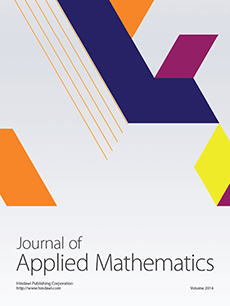Abstract
Construction of iterative processes without memory, which are both optimal according to the Kung-Traub hypothesis and derivative-free, is considered in this paper. For this reason, techniques with four and five function evaluations per iteration, which reach to the optimal orders eight and sixteen, respectively, are discussed theoretically. These schemes can be viewed as the generalizations of the recent optimal derivative-free family of Zheng et al. in (2011). This procedure also provides an n-step family using function evaluations per full cycle to possess the optimal order 2n. The analytical proofs of the main contributions are given and numerical examples are included to confirm the outstanding convergence speed of the presentediterative methods using only few function evaluations. The second aim of this work will be furnished when a hybrid algorithm for capturing all the zeros in an interval has been proposed. The novel algorithm could deal with nonlinear functions having finitely many zeros in an interval.
Citation
F. Soleymani. D. K. R. Babajee. S. Shateyi. S. S. Motsa. "Construction of Optimal Derivative-Free Techniques without Memory." J. Appl. Math. 2012 (SI06) 1 - 24, 2012. https://doi.org/10.1155/2012/497023
Information





